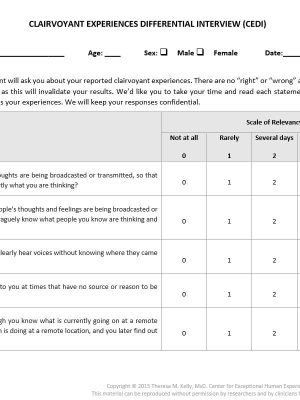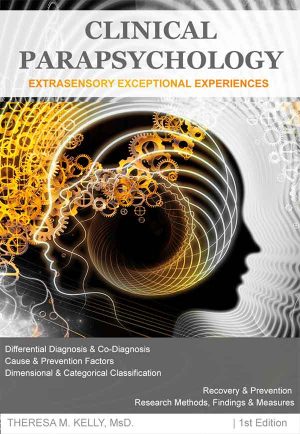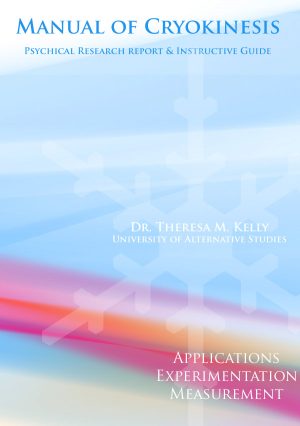Description
Models of Extrasensory Perception: A Quantum Mechanical Approach to ESP Phenomenology addresses the psychical influence of information via an experients influence over the biological basis of consciousness and the mental process by which we perceive, act, learn, and remember (Telepathy), and influence of our objective environment (Clairvoyance). The stages of sensory processing i.e. sensation and perception, sensory systems, and sensory modalities, and the four stages of extrasensory perception including the sensory anticipation of the event, subliminal registration of the sensation, experience of a collection of sensations that the brain attempts to construe, and the attributed understanding of the experience are also covered. In addition, a biophoton model is presented in regards to ESP involving ultra weak biophoton (bio-light) emissions along with the topics of biophotonic processes and effects, the measurement utilization for indicating cellular and overall health, emissions as a by-product of cellular metabolism and an overall regulating field, and the “master conductor” role of DNA as the most fundamental source of biophoton emissions capable of emitting a wide range of frequency-based communication at the quantum level internal and possibly external to the body.
Also, this paper addresses additive and subtractive extrasensory in-formation, changes in direction of orientation, or intention, requirement of uncertainty, metaphorical and fragmentation issues, our extension beyond space-time, the bimodal nature of psi, psi-unconducive states (e.g. disinterest, distraction, anxiety, and conscious work), and psi-conducive states (e.g. uncertainty, confusion, and disorientation). Also addressed are predispositions to psychical experiences including intention, extraversion, motivation, creativity, innovation, and experiential skills. Lastly, it touches on the phenomenological approach to extrasensory including telepathy vs. clairvoyance, temporal features, general extrasensory perception, realistic and unrealistic dreams, intuitive impressions, and hallucinations.
This paper is included in all (A Quantum Approach Textbooks)
About the Author
Theresa M. Kelly, MsD, is a professor of scientific parapsychology, and has conducted psychical research for many years focusing on the phenomenology of psychic experiences, and the personality traits of psychic experients.




